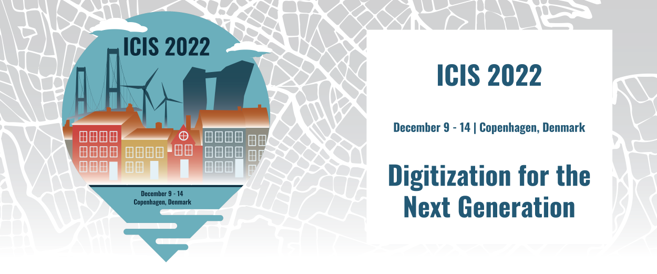Loading...
Paper Number
1358
Paper Type
Complete
Description
Individual adoption of technology in humanitarian settings is linked with expectancies of performance and effort, and users tend to easily default to “whatever works”. A deeper understanding of the process of field users’ adoption of a new technology is of utmost importance for humanitarian organizations. We used Affordance Potency framework for comparing competing affordances of a mobile based solution with existing paper-based processes, against 4 identified affordances. The mobile solution was deployed in seven inpatient wards of two humanitarian field hospitals during a period of four months. This analysis demonstrated how technology features are as important as it is to be flexible to respond to contextualised work practices. The affordance potency lens helped understand how competing systems can shape the data collection process. A key contribution of this study is the use of affordances from a “competing” lens perspective within the unique context of a humanitarian organization.
Recommended Citation
Vila-Pozo, Marta Maria; Martinez, Rosario; and Sahay, Sundeep, "Competing Affordance Potencies Shaping Data Collection: Case of Humanitarian Organizations" (2022). ICIS 2022 Proceedings. 3.
https://aisel.aisnet.org/icis2022/is_implement/is_implement/3
Competing Affordance Potencies Shaping Data Collection: Case of Humanitarian Organizations
Individual adoption of technology in humanitarian settings is linked with expectancies of performance and effort, and users tend to easily default to “whatever works”. A deeper understanding of the process of field users’ adoption of a new technology is of utmost importance for humanitarian organizations. We used Affordance Potency framework for comparing competing affordances of a mobile based solution with existing paper-based processes, against 4 identified affordances. The mobile solution was deployed in seven inpatient wards of two humanitarian field hospitals during a period of four months. This analysis demonstrated how technology features are as important as it is to be flexible to respond to contextualised work practices. The affordance potency lens helped understand how competing systems can shape the data collection process. A key contribution of this study is the use of affordances from a “competing” lens perspective within the unique context of a humanitarian organization.
When commenting on articles, please be friendly, welcoming, respectful and abide by the AIS eLibrary Discussion Thread Code of Conduct posted here.



Comments
12-ImplAndAdopt